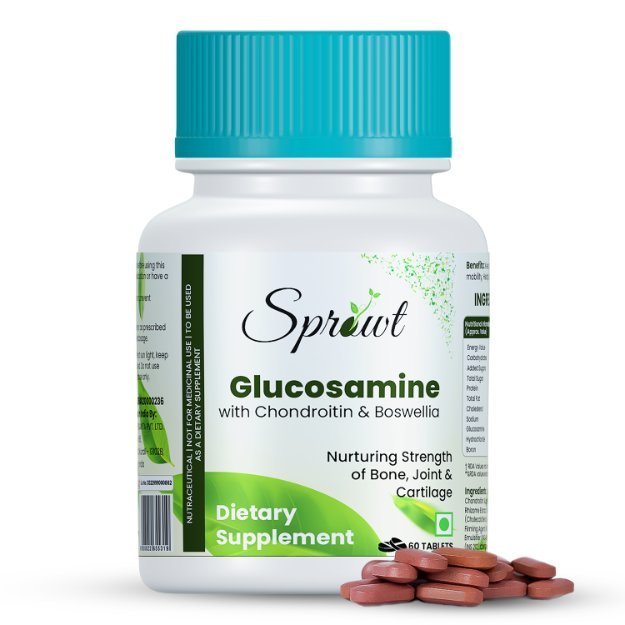Amikamed 250 Injection is a prescription drug, available for use as Injection. It is typically used for the treatment of Urinary Tract Infection. The alternative uses of Amikamed 250 Injection have also been explained below.
Medical history of the patient along with age and gender determines the dosage of Amikamed 250 Injection. Dosage also depends on the route of administration and your chief complaint for which the drug is prescribed. For detailed information on this, read through the dosage section.
Besides the aforementioned side effects, there are other adverse effects of Amikamed 250 Injection as well, which are listed below. These side effects of Amikamed 250 Injection are usually temporary and subside with the completion of treatment. Please speak with your doctor if these side effects worsen or persist for a longer duration.
In addition, Amikamed 250 Injection's effect is Severe during pregnancy and Unknown for lactating mothers. Warnings related to Amikamed 250 Injection's effects on the liver, heart and kidney, if any, have been listed below.
Amikamed 250 Injection is not recommended if you suffer from certain medical conditions as it can have adverse effects. Dehydration, Parkinson's Disease, Hearing Loss are examples of such conditions. Other conditions have been mentioned below in the Amikamed 250 Injection contraindications section.
Drug reaction of Amikamed 250 Injection with other medicines has been reported. See below for a complete list.
In addition to the above precautions for Amikamed 250 Injection, it is important to know that it is safe while driving, and is habit-forming.
X
























